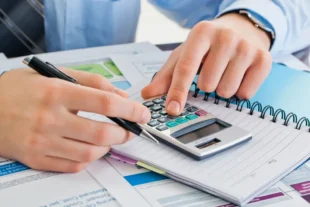Welcome to
Course Cloud
the best place for online learning!
Log In
Sign Up
Don’t have an account yet? Sign Up
Essentials of UK VAT
In 2023, UK VAT contributed over £164 billion to the economy, making it a key driver of the country’s tax revenue. Interestingly, VAT was first introduced in the UK in 1973 at a rate of just 10%.
9 enrolled on this course
( 50% Off Limited Time )

This Course Includes
- 13 Units
- 1 Year Access
- 6 hours, 39 minutes
- Intermediate
- Accredited Certificate






Frequently asked questions
Can’t find the anwser you’re looking for ? Reach out to customer support team.
VAT (Value Added Tax) is a consumption tax applied to most goods and services in the UK. The standard VAT rate is 20%, but there are reduced rates (5%) and zero-rated categories (0%) for specific goods and services. Course Cloud offers in-depth guidance on the essentials of UK VAT, helping you understand its application across various sectors.
The standard VAT rate in the UK is 20%. However, some goods and services, like certain food items and children's clothing, are subject to a reduced rate of 5% or are zero-rated (0%). Our course on VAT Essentials helps you navigate these different rates with practical examples.
If your taxable turnover exceeds £85,000 in a 12-month period, you must register for VAT. If your turnover is below this threshold, registration is optional but may be beneficial if you want to reclaim VAT on purchases. Course Cloud explains the VAT registration process and requirements clearly.
To calculate VAT, simply multiply the price by the VAT rate (e.g., 20% = 0.20). For example, if an item costs £100, the VAT would be £20, and the total cost would be £120. Our course covers how to calculate VAT in different scenarios to help you stay compliant.
To remove VAT from a price, divide the total price by 1.20. For example, if the total price is £120, dividing by 1.20 gives £100, which is the price before VAT was added. Learn how to effectively remove VAT from prices with Course Cloud’s detailed lessons on VAT calculations.
Zero-rated items are subject to a 0% VAT rate, such as most food, books, and children’s clothing. VAT-exempt items, like financial services and postage stamps, are not subject to VAT at all. Our course covers VAT exemptions and zero-rated items in-depth to help you determine which categories apply.
Businesses must file VAT returns either quarterly or annually, depending on their VAT scheme. The return involves reporting the VAT collected on sales (output VAT) and the VAT paid on purchases (input VAT). Course Cloud walks you through the VAT return process and offers guidance on filing requirements.
Yes, businesses registered for VAT can reclaim VAT on purchases used for business purposes. This is called input VAT, and the amount can be deducted from the VAT you owe on sales. Course Cloud helps you understand how to claim VAT back and ensures you're fully equipped to manage your VAT affairs.
Failing to pay VAT on time can result in penalties and interest charges. If VAT continues to be unpaid, HMRC may take legal action, which could include fines or other enforcement measures. In our VAT Essentials course, you’ll learn about the consequences of non-compliance and how to avoid penalties.
Goods exported from the UK are generally zero-rated for VAT. However, businesses importing goods into the UK may be required to pay VAT on those imports, subject to customs and VAT rules. Course Cloud covers VAT in international trade, helping you understand how VAT applies to cross-border transactions.


 Get Accredited Certificate
Get Accredited Certificate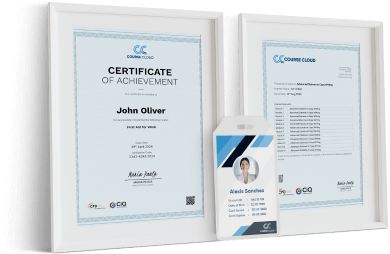
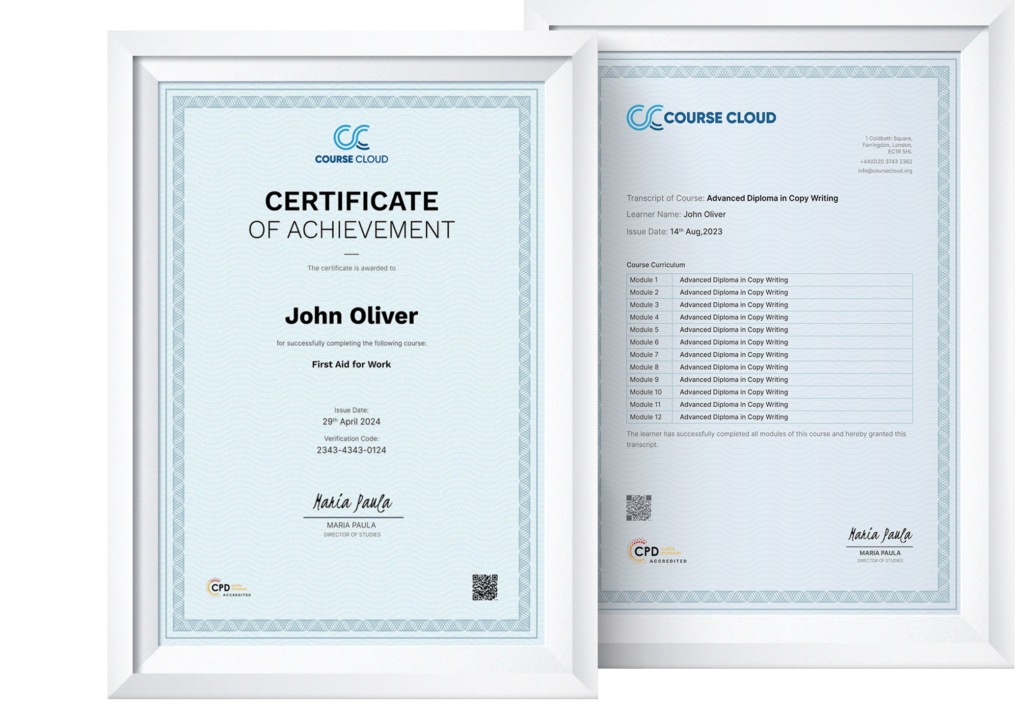
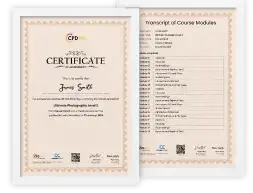
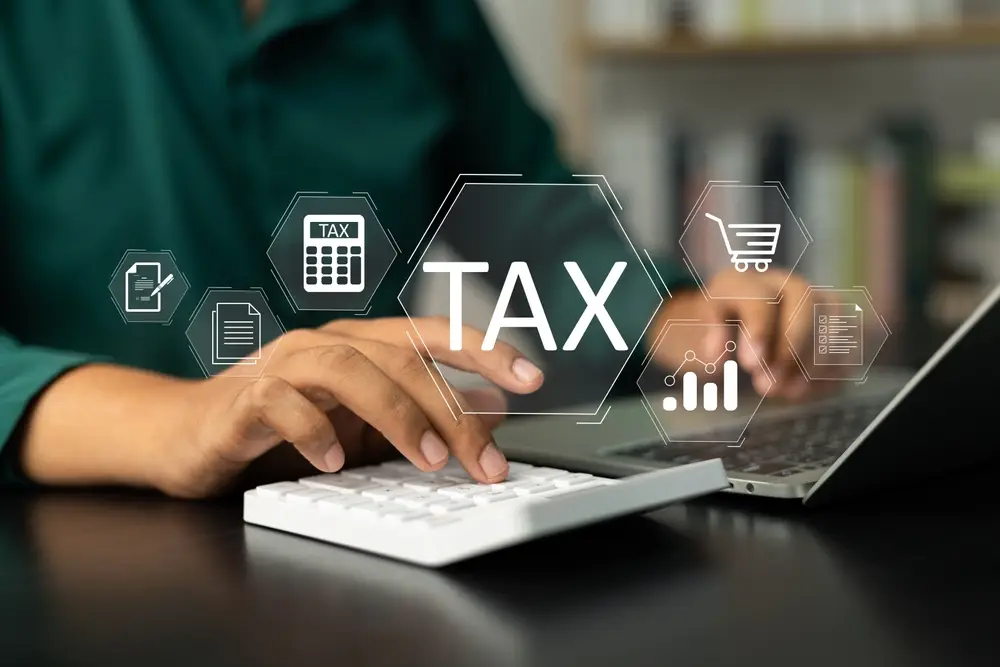
 ALL COURSES FOR £49
ALL COURSES FOR £49
